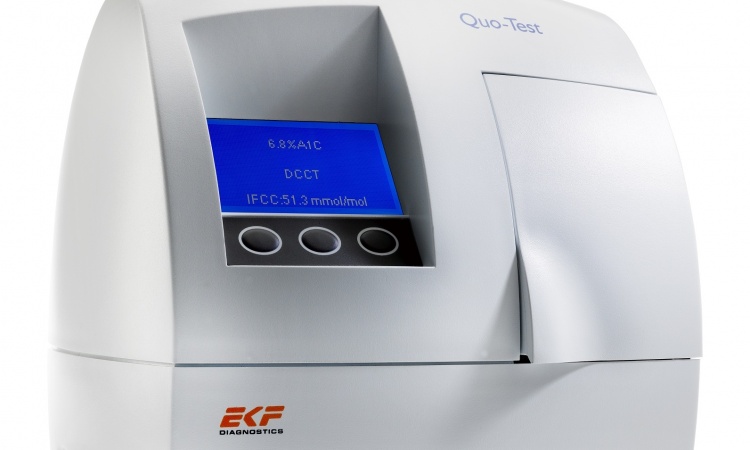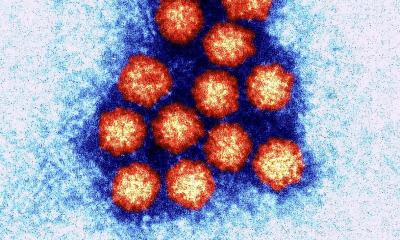News • Experts' discussion
How to tackle parasitic worms
Parasitic worm infections – or helminthiases – affect more than one billion people and have a considerable public health impact in many parts of the world.
In December 2017, international experts gather in Basel, Switzerland, to discuss new strategies to control and eliminate parasitic worms. The scientific symposium is hosted by the Swiss Tropical and Public Health Institute. Approximately 1.5 billion people globally are affected by soil-transmitted helminthiasis and another 250 million suffer from schistosomiasis; two of the most common parasitic worm infections. They are transmitted by different species of parasitic worms in the soil or water and can result in diarrhoea, malnutrition, impaired growth and enlargement of the liver or spleen. The morbidity caused by chronic helminth infections can debilitate entire communities and contribute to poverty in endemic areas.
160 scientists gather in Basel
To review current strategies and to discuss new ways of preventing, controlling and eliminating helminth infections, the Swiss Tropical and Public Health Institute (Swiss TPH) is hosting a two-day symposium in Basel, Switzerland. Over 160 scientists and experts are on hand to critically review innovations in diagnostics and drugs and to discuss control strategies to interrupt transmission of parasitic worm infections. One presentation will show results from Zanzibar that demonstrate how a multifaceted intervention package can reduce prevalence of infection among school-aged children to less than 2%.
“Although parasitic worms affect one out of five people worldwide, they belong to the so-called neglected tropical diseases, which are intimately linked to poverty,” says Jürg Utzinger, Director of Swiss TPH. “While we see certain progress, we need to further foster innovation, refine existing tools and strategies and employ integrated control approaches that are tailored to social-ecological contexts.”
“New drugs urgently needed”
There is a pressing need to discover and develop new drugs and rigorously evaluate potential combination therapies
Jennifer Keiser
Innovations are urgently needed in drug discovery and development. “Our research indicates that efficacy of current anthelminthic drugs is declining,” says Jennifer Keiser, Head of the Helminth Drug Development Unit at Swiss TPH and recently appointed Associate Professor of Neglected Tropical Diseases at the University of Basel. “Hence, there is a pressing need to discover and develop new drugs and rigorously evaluate potential combination therapies. This symposium is a terrific opportunity for Swiss TPH to showcase our existing partnerships and to develop new collaborations.”
Source: Swiss Tropical and Public Health Institute
08.12.2017






